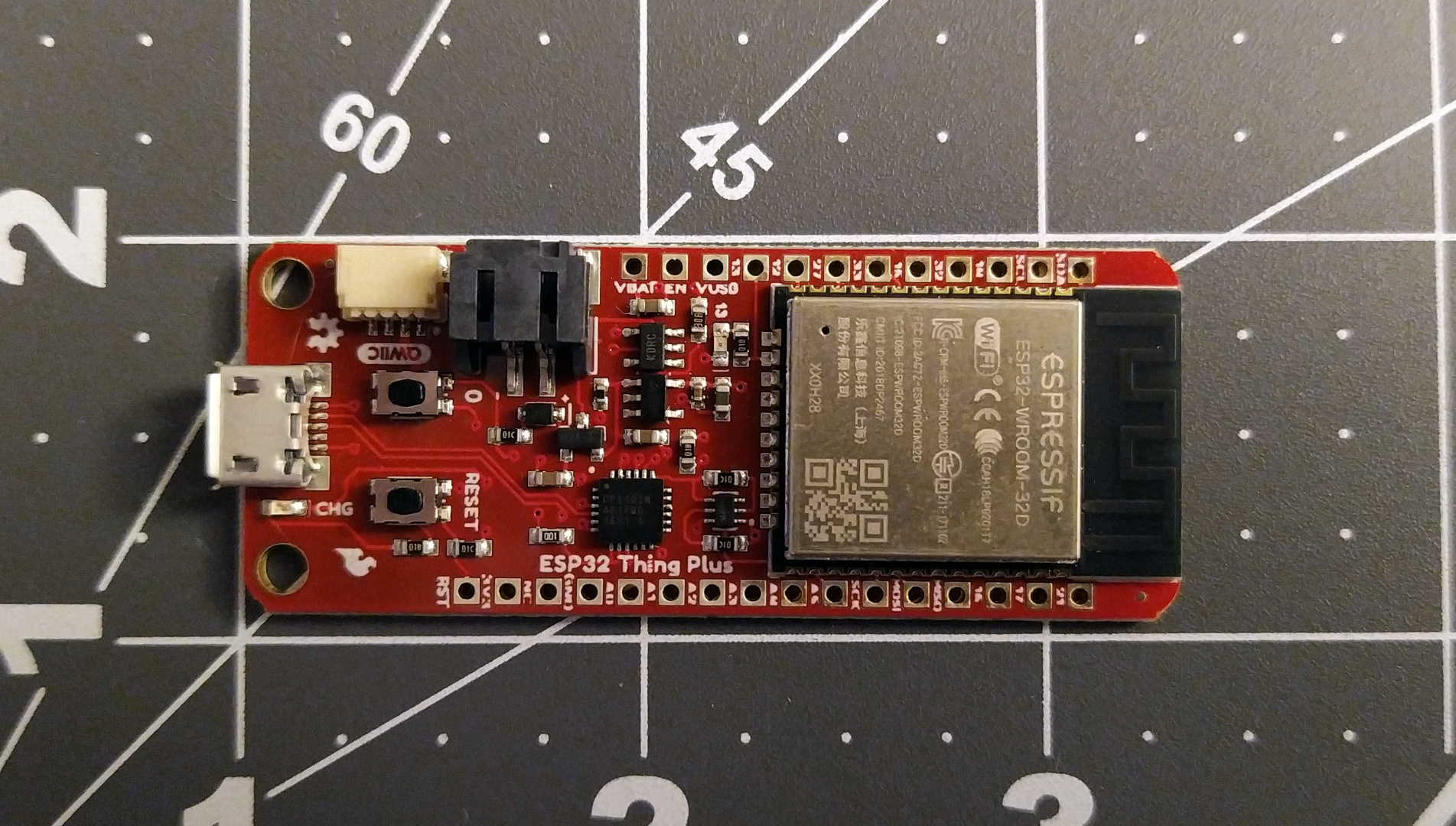I was traveling through the dark woods. I had started my journey alone, but as is natural I fell in and out of various groups and with various companions. At times I camped alone, and at times the campfire was loud with merrymaking and good company.
As I traveled through the swampy part of the woods, I began to have a regular set of companions across my travels. We traveled during the day and made merry at the campfire at night. Occasionally a companion split off and rejoined us later, but for the most part we were a constant. It was a pleasant sense of normality compared to the rest of the journey, and I was glad to have a sense of permanance.














